The SPOTS initiative
Integrating small producers' inclusive models for promoting traceability, certification and sustainability within global supply chains
Conscious that some agricultural commodities like palm may lead to deforestation, L’Oréal and its suppliers Wilmar, Clariant and Global Amines have committed to implementing specific action plans with regard to the sustainable sourcing of palm oil and palm-based derivatives by working on the transparency of their supply chains and supporting independent smallholders to improve their quality of life. The SPOTS project was created with the goal to integrate small Malaysian producers within the global supply chains as a means of promoting traceability, certification and sustainability. Within the framework of its sustainable development policy "Sharing Beauty with All," L’Oréal has committed to ensuring that all of its renewable raw materials will be sustainably sourced by 2020 and has also confirmed its dedication to “zero deforestation.”
In order to achieve the initiative’s visions, the partners are collaborating with Wild Asia, a Malaysian social enterprise. Wild Asia works with small producers to ensure that they move from traceability to certification. A goal of this partnership is to continuously meet the environmental and social expectations of the global partners, and to ensure that the groups are RSPO-compliant.
IDH, the Sustainable Trade Initiative and a Dutch foundation, as well as RSPO, the Roundtable for Sustainable Palm Oil are co-funders of the initiative.
Together we can make a difference.
A lot of challenges and a lot of achievements
Our objectives and expected outputs
- To support individual producers groups and to prepare the groups for achieving and maintaining RSPO certification. For each of the three targeted Wilmar mills, Wild Asia consults with local small producers and communities that supply mills with fruit. Wild Asia identifies management units or “producers groups,” which form a natural grouping of small producers willing to work together. Each producers group follows a set protocol, one target of which is to comply with the Wilmar, Global Amines, Clariant and L’Oréal zero-deforestation policy. An additional target for these producers groups is to meet the requirements for RSPO certification.
- Improve productivity and other management practices leading to improved livelihoods for farmers. For small producers, productivity or reducing costs is a major motivating factor for improvement. Wild Asia works with its partners to identify locally appropriate and specific management measures that can help address these improvements. The target is to increase farmer productivity by at least 20% by 2020.
- Develop monitoring mechanisms for regional supply chain catchments that can provide critical feedback to producers and other stakeholders on social and environmental indicators (including deforestation) of their respective regions. Working social and environmental monitoring protocols for 3 Wilmar mills are targeted to be in place by 2020.

500 smallholders & small growers supported and certified by 2020
100% palm oil aimed to be produced according to Rspo standards within the wilmar supply base in the beluran district of sabah, malaysia by 2020
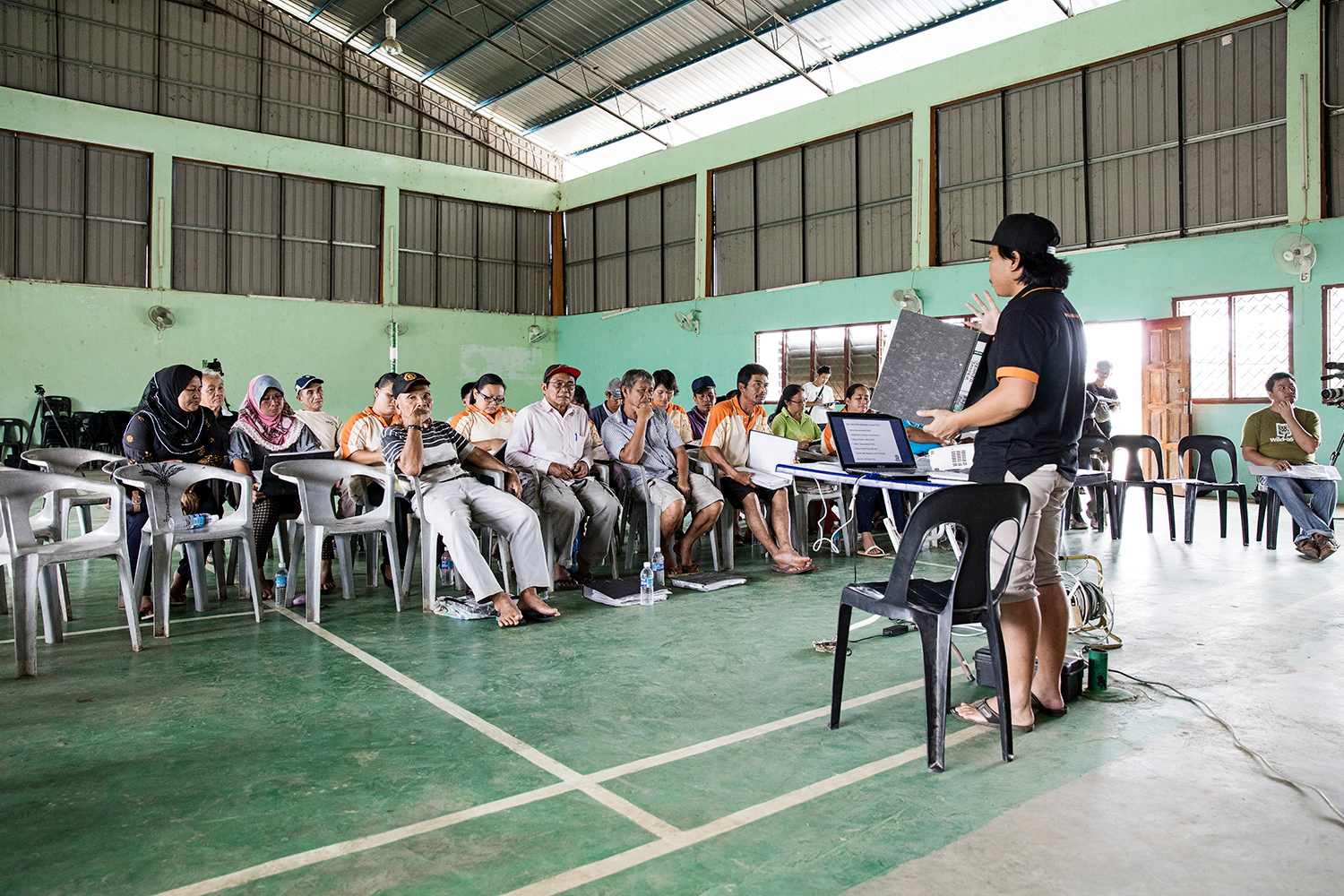
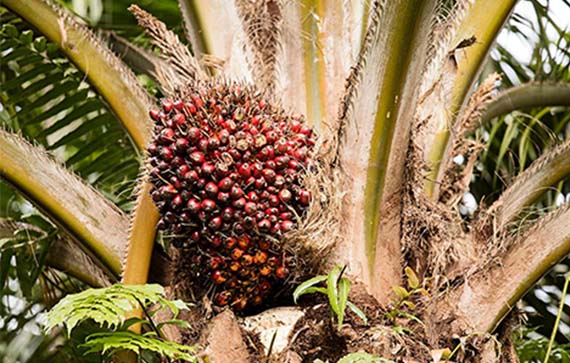
20% increase in farmer productivity by 2020
70,000 mt of RSPO-certified palm oil P.A. by 2020 - and a better life for hundreds of small producers in Malaysia
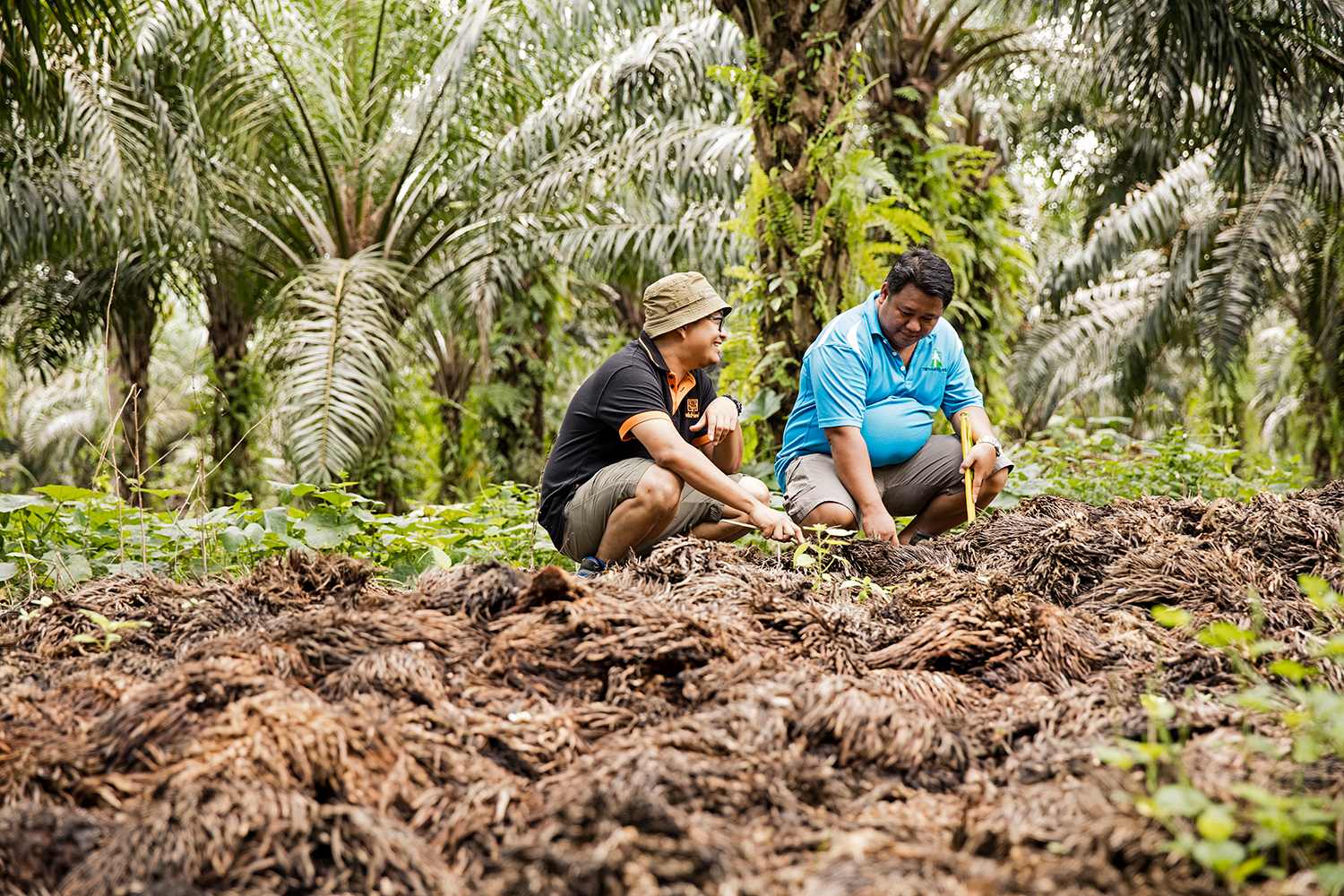
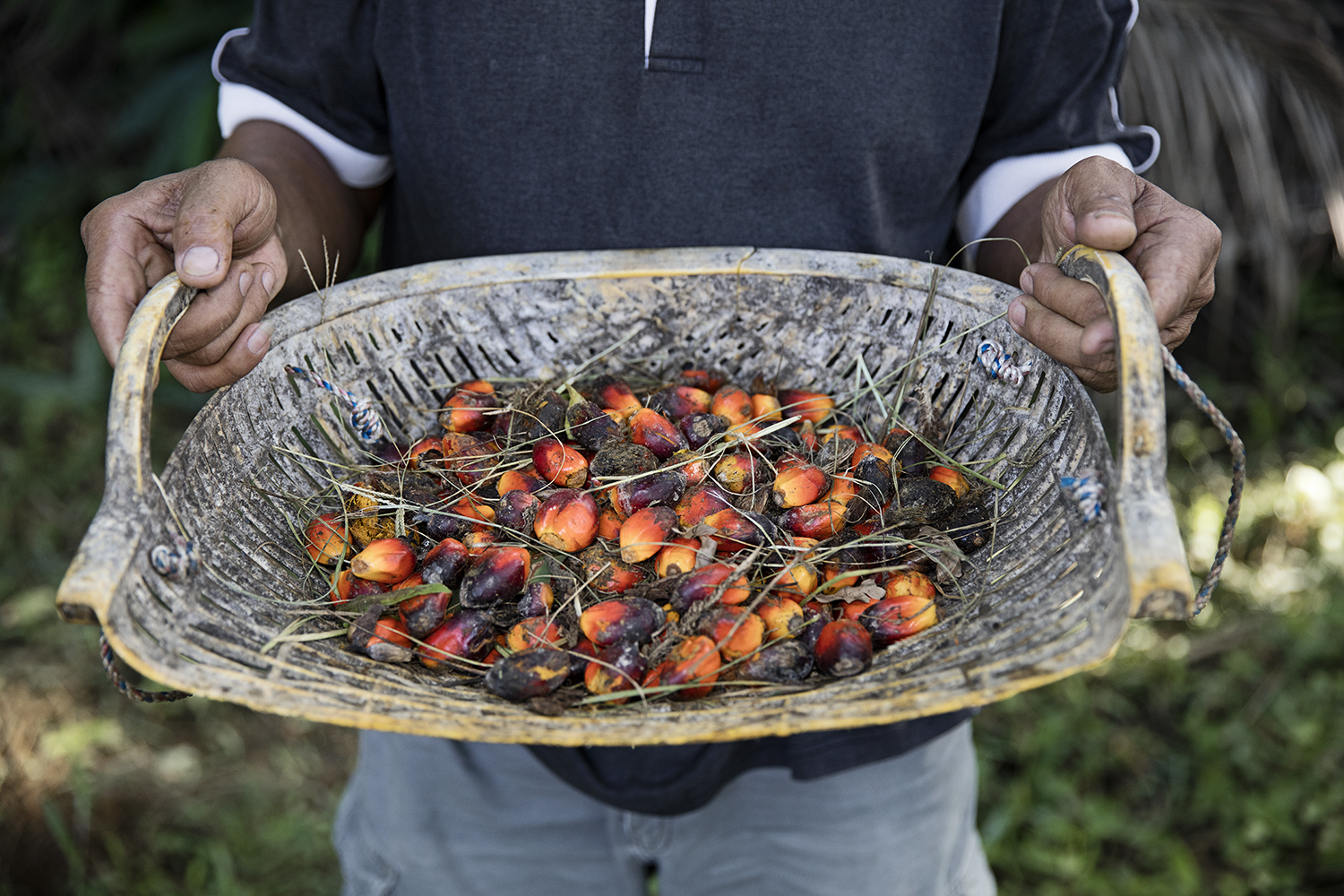
3 Wilmar Mills with working social and environmental monitoring protocols in place by 2020
Together we can make a difference
Unique value chain collaboration by L'Oréal, Wilmar, Clariant/GAC, Wild Asia and local farmers
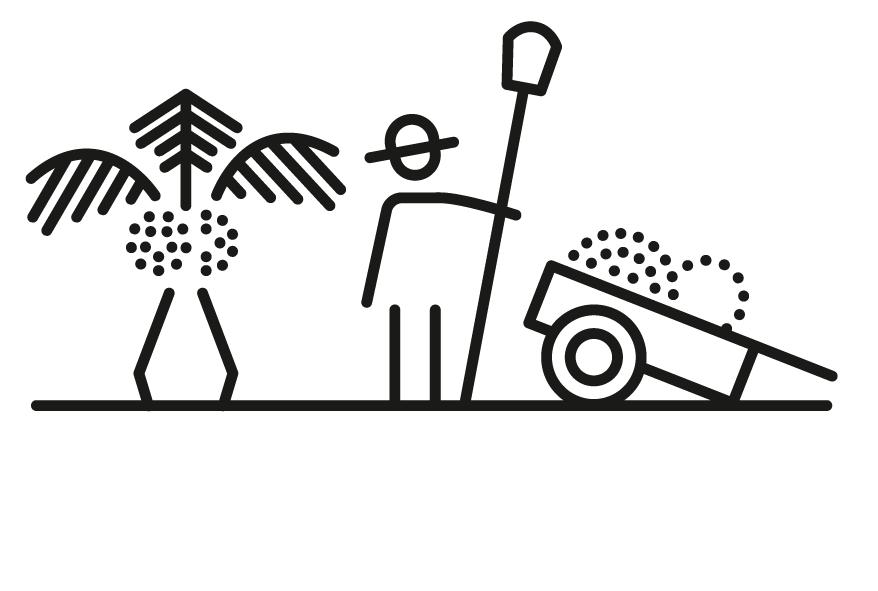
1. Sabah small producers
Today, 500 small producers in the Sabah region are a part of the SPOTS® initiative. SPOTS® enables independent smallholders to achieve certified sustainable palm oil production by applying the RSPO standard—and increase their income and quality of life.
2. Wilmar
Wilmar, Asia’s leading agribusiness group, is committed to sustainable agriculture through its No Deforestation, No Peat and No Exploitation Policy. Wilmar recognizes both that smallholder supply is critical to the industry and that the livelihoods of millions of people are reliant on palm oil production. The Wilmar policy strongly supports the inclusion of smallholders in its supply chain with initiatives that aim to benefit smallholders and the environment in the long term.www.wilmar-international.com
3. Global amines company
The Global Amines Company, a global platform for fatty amines and selected amines derivatives, was established out of a joint venture between Wilmar and Clariant. This collaboration combines Wilmar’s integrated agribusiness model with technical expertise of Clariant.www.globalamines.com
4. Clariant
Clariant, a company with Swiss roots, is one of the globally leading specialty chemicals companies today and an RSPO member since 2011. Clariant is committed to the sustainable sourcing of palmbased ingredients by developing traceability and a zero-deforestation approach. Clariant enables strong partnerships to reach and support the right balance among economic, ecological and societal interests.www.clariant.com
5. L'Oréal
Since 2012, the global cosmetics leader has made 100% of its palm oil purchases according to RSPO standard (RSPO SG for palm oil; B&C and MB for PO- and PKO-based derivatives). Their aim is to use 100% renewable raw materials from sustainable sources by 2020 and to use no L’Oréal products linked to deforestation by no later than 2020.www.loreal.com
6. Wild Asia
Wild Asia, a Malaysian social enterprise, supports smallholders and small growers by ensuring that social and environmental issues are met by global partners. Wild Asia helps farmers achieve and maintain RSPO certification.www.wildasia.org
7. IDH, the Sustainable Trade Initiative
IDH brings together businesses, governments, NGOs and other stakeholders and builds coalitions that invest in sustainable production of internationally traded agricultural commodities. It focuses on smallholder inclusion, working conditions, deforestation and toxic loading. As a neutral facilitator and co-funder, IDH has a track record of convening cross-commodity stakeholders at a pre-competitive level to address sustainability issues for stronger results. In Indonesia, among others, IDH drives production-protection initiatives through a landscape program and co-funding projects in palm oil, pulp and paper and coffee sectors.www.idhsustainabletrade.com
Check our progress at www.rspo.org
8. RSPO
RSPO is a not-for-profit that unites stakeholders from the 7 sectors of the palm oil industry: oil palm producers, processors or traders, consumer goods manufacturers, retailers, banks/investors, and environmental and social non-governmental organizations (NGOs), to develop and implement global standards for sustainable palm oil. The RSPO has developed a set of environmental and social criteria which companies must comply with in order to produce Certified Sustainable Palm Oil (CSPO). When they are properly applied, these criteria can help to minimize the negative impact of palm oil cultivation on the environment and communities in palm oil-producing regions. The RSPO has more than 2,500 members worldwide who represent all links along the palm oil supply chain. They have committed to produce, source and/or use sustainable palm oil certified by the RSPO.
Our triple approach towards zero-deforestation

Carry on with our RSPO supply chain certification roll-out
RSPO Mass Balance certification by 2016

Develop a thorough traceability policy and action plan
Continue jointly working on traceability with customers and suppliers, establish collaboration with a think-tank

Increase the market share of sustainable palm material through partnerships along the value chain











